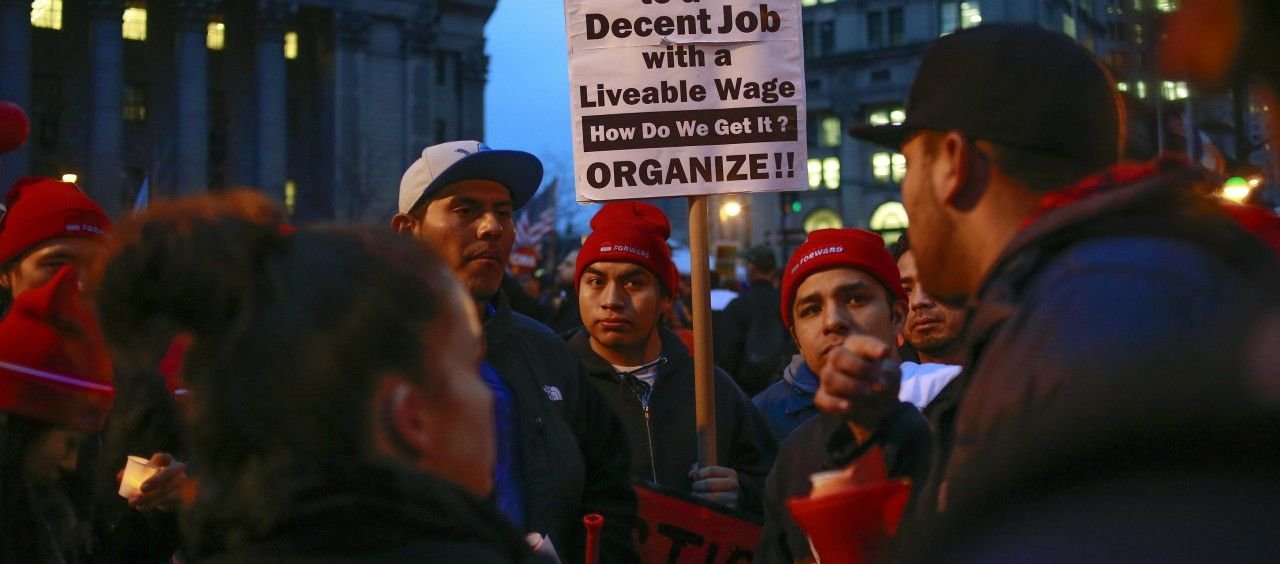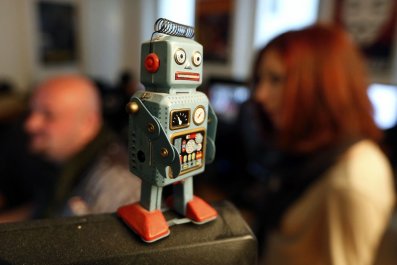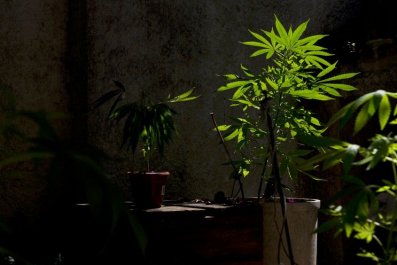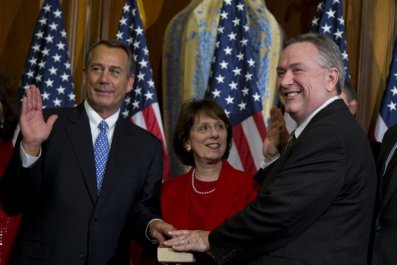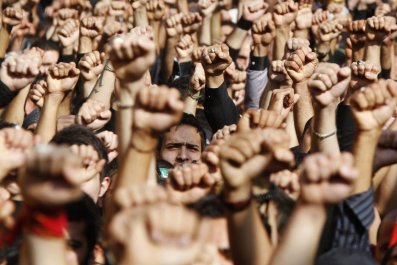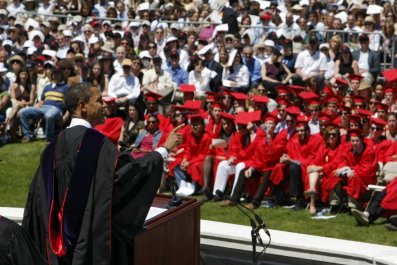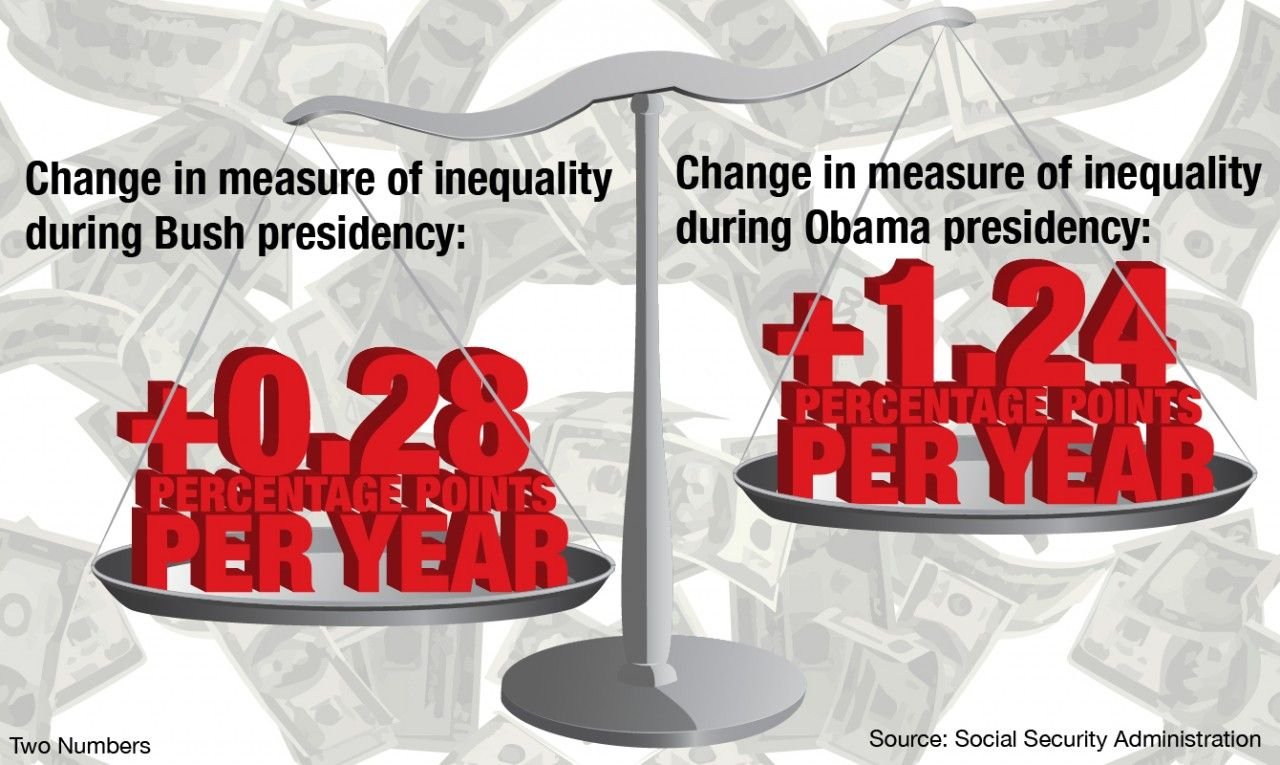
Speaking at a nonprofit community center in one of Washington's poorest neighborhoods, President Obama recently promised to devote the rest of his presidency to addressing income inequality. His comments, however, pointed to another widening chasm in the nation - between political rhetoric and the ability to get anything done.
It's no secret that the rich are getting richer and that the income gap between them and everyone else in America has reached alarming proportions. The trend has provoked handwringing for some time now. What's surprising is that it continues to grow apace.
One simple measure of inequality is to look at the ratio of average to median, or midpoint, wages. For years the average grew faster than the midpoint, meaning that lower wage earners fell further behind the top half. An increase in this ratio signals rising inequality. From 2001 through 2008, during the Bush presidency, this inequality measurement grew on average 0.28 percentage points per year. From 2009 through 2012, during the first term of President Obama, the same ratio grew on average 1.24 percentage points per year. That's about four and a half times faster than under Bush.
What difference does 1 percent make? A lot, when you're talking about the entire U.S. economy. If the whole American economy had grown at a 1 percent higher pace over the last few years, we'd be approximately $1 trillion wealthier as a nation.
It's unclear what's behind the accelerating inequality. Some conservatives don't see a problem, thinking inequality is a result of legitimate differences in ability and work ethic. Progressives, on the other hand, are skeptical that skill and energy levels were closer to equal 50 years ago than today. Instead, they blame a range of government policies that favor the wealthy, including tax rules, aggressive inflation fighting and weak labor protections. What is clear though is that the faster inequality grows, the harder it will be to turn things around. Clearly, Obama will have his hands full.



